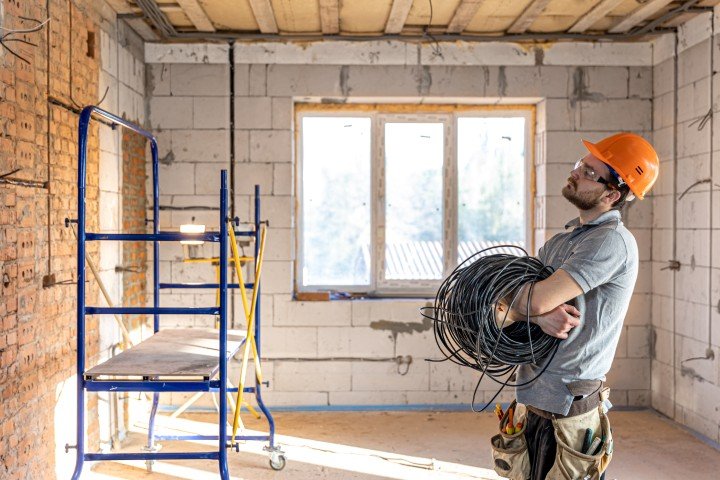In Florida, landlords are legally required to disclose information about radon gas to tenants, as outlined in Florida Statute 404.056. This law mandates that landlords provide a specific notification regarding radon, which is a naturally occurring radioactive gas that can pose health risks when accumulated in buildings.
Key Disclosure Information
The required disclosure statement includes the following points:
- Health Risks: Radon gas can accumulate in buildings and may present health risks over time, particularly lung cancer.
- Guideline Levels: Levels of radon exceeding federal and state guidelines have been found in various buildings across Florida.
- Testing Information: Tenants are advised to seek additional information regarding radon and testing from their county health department.
The standardized warning reads:
“RADON GAS: Radon is a naturally occurring radioactive gas that, when it has accumulated in a building in sufficient quantities, may present health risks to persons who are exposed to it over time. Levels of radon that exceed federal and state guidelines have been found in buildings in Florida. Additional information regarding radon and radon testing may be obtained from your county health department.”
Importance of the Disclosure
This disclosure is crucial for tenant awareness, encouraging them to conduct their own investigations into potential radon concerns in their prospective homes. According to the Florida Department of Health, approximately 1 in 5 homes in the state may have elevated radon levels above the recommended action level of 4 picoCuries per liter (pCi/L).
Testing and Mitigation
Landlords are encouraged to test for radon levels and take necessary mitigation actions if elevated levels are detected. Effective mitigation strategies can significantly reduce radon levels, often involving ventilation systems or sealing cracks in foundations.
By complying with these disclosure requirements, landlords not only fulfill legal obligations but also contribute to tenant safety and health awareness regarding environmental hazards associated with radon gas.


